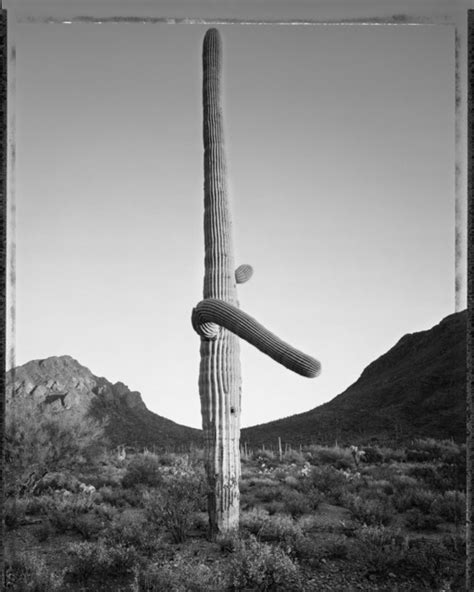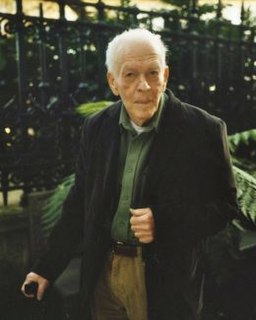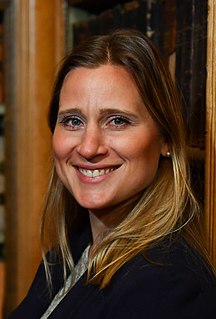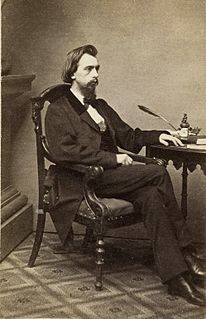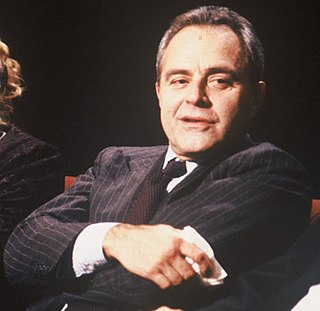A Quote by J. M. Coetzee
Erasmus dramatizes a well-established political position: that of the fool who claims license to criticize all and sundry without reprisal, since his madness defines him as not fully a person and therefore not a political being with political desires and ambitions. The Praise of Folly, therefore sketches the possibility of a position for the critic of the scene of political rivalry, a position not simply impartial between the rivals but also, by self-definition, off the stage of rivalry altogether.
Related Quotes
I am interested in making photographs which comment on the experience of a place as well as describe it. My position has not typically been one of advocacy for or against any political position. But I regard photographs as commentary, and that includes, at times, taking a specific political viewpoint on an issue.
Nonviolent action involves opposing the opponent's power, including his police and military capacity, not with the weapons chosen by him but by quite different means. Repression by the opponent is used against his own power position in a kind of political "ju-jitsu" and the very sources of his power thus reduced or removed, with the result that his political and military position is seriously weakened or destroyed.
Here, the certain temple rule, this seems to me to have a certain responsibility to look after the well-being of society and look after Buddhism and culture. I consider these part of the practice of spirituality. There is no competition between spiritual practice and party politics. That is outdated. We already, since 2001, have elected political position. My position is semi-retired. I am looking forward to complete retirement.
Above all, Alzheimer wanted the medical world to recognize that mental illnesses have an undeniable material component. There was an obvious political reason for taking such a position because it could then be established that dementia-like conditions are not part of the spiritual/theological domain, but undeniably biological in origin and therefore not attributable with moral implications.
Things have changed in Latin America now. We mostly have democratic governments in Latin America, so the position of the writer has changed. It is not as Neruda used to say, that a Latin American writer walks around with the body of his people on his back. Now, we have citizens, we have public means of expression, political parties, congress, unions. So, the writer's position has changed, we now consider ourselves to be citizens - not spokespeople for everybody - but citizens that participate in the political and social process of the country.
Many people have written about the economic meaning of globalization; in One World Peter Singer explains its moral meaning. His position is carefully developed, his tone is moderate, but his conclusions are radical and profound. No political theorist or moral philosopher, no public official or political activist, can afford to ignore his arguments.

